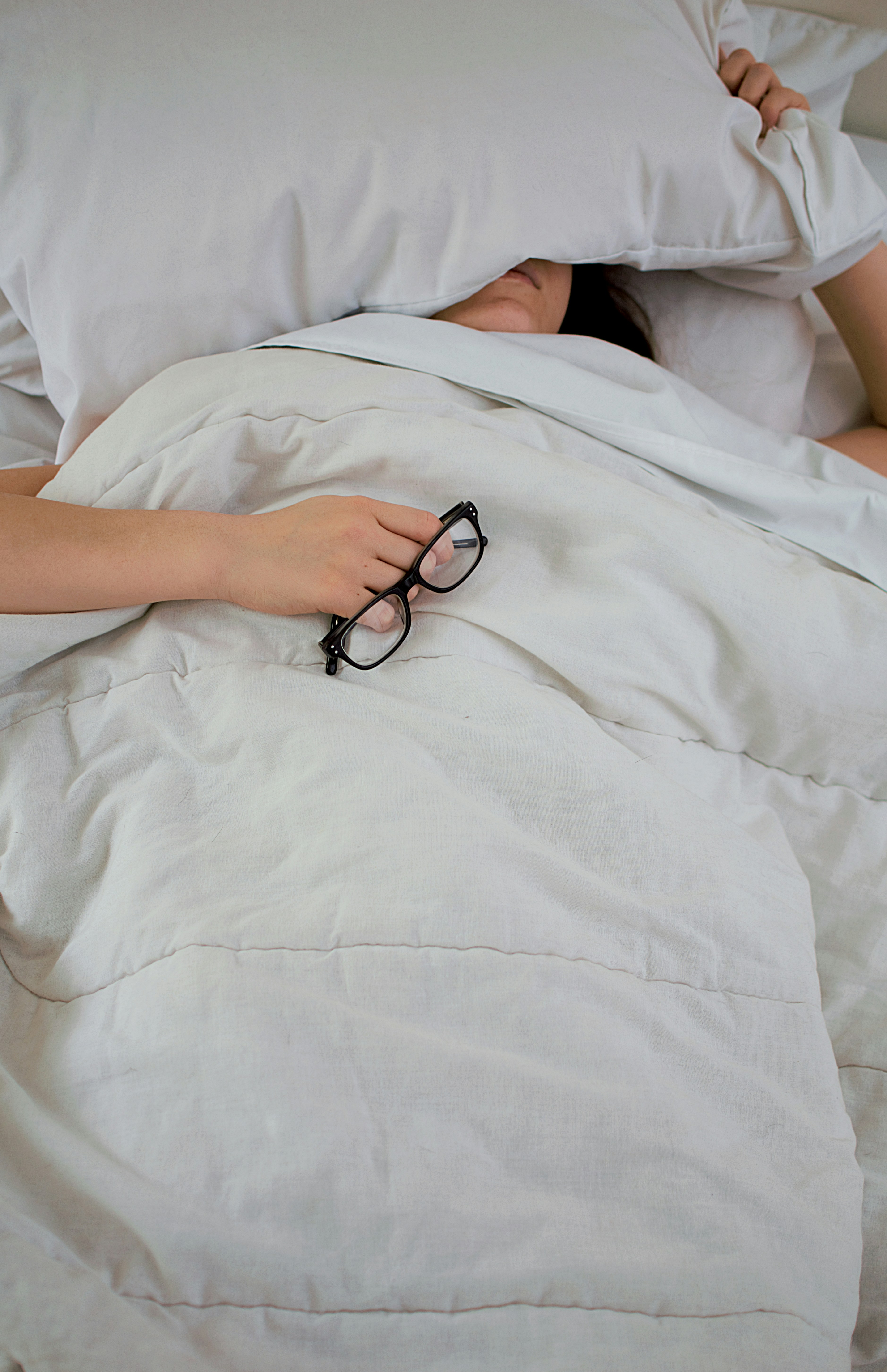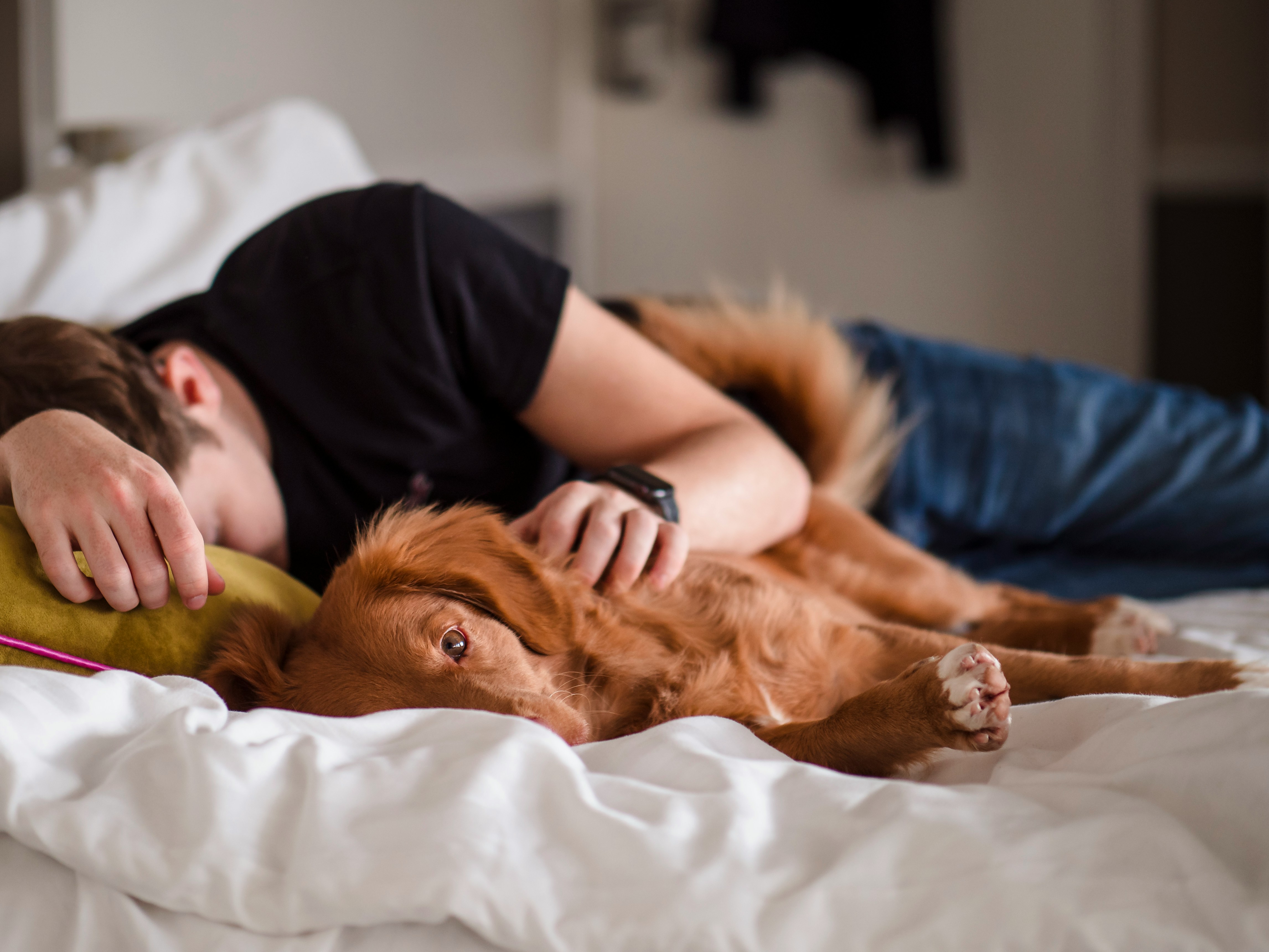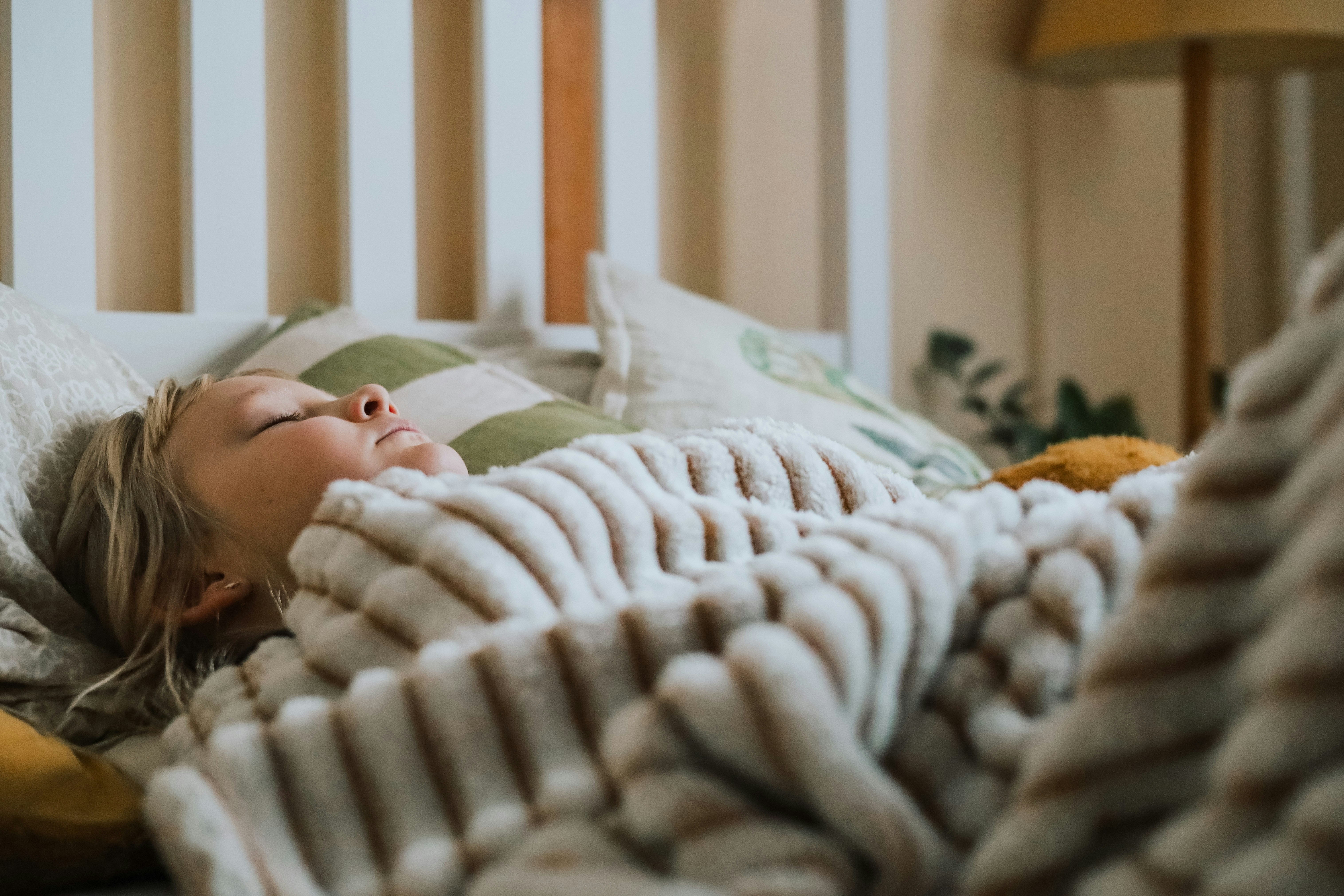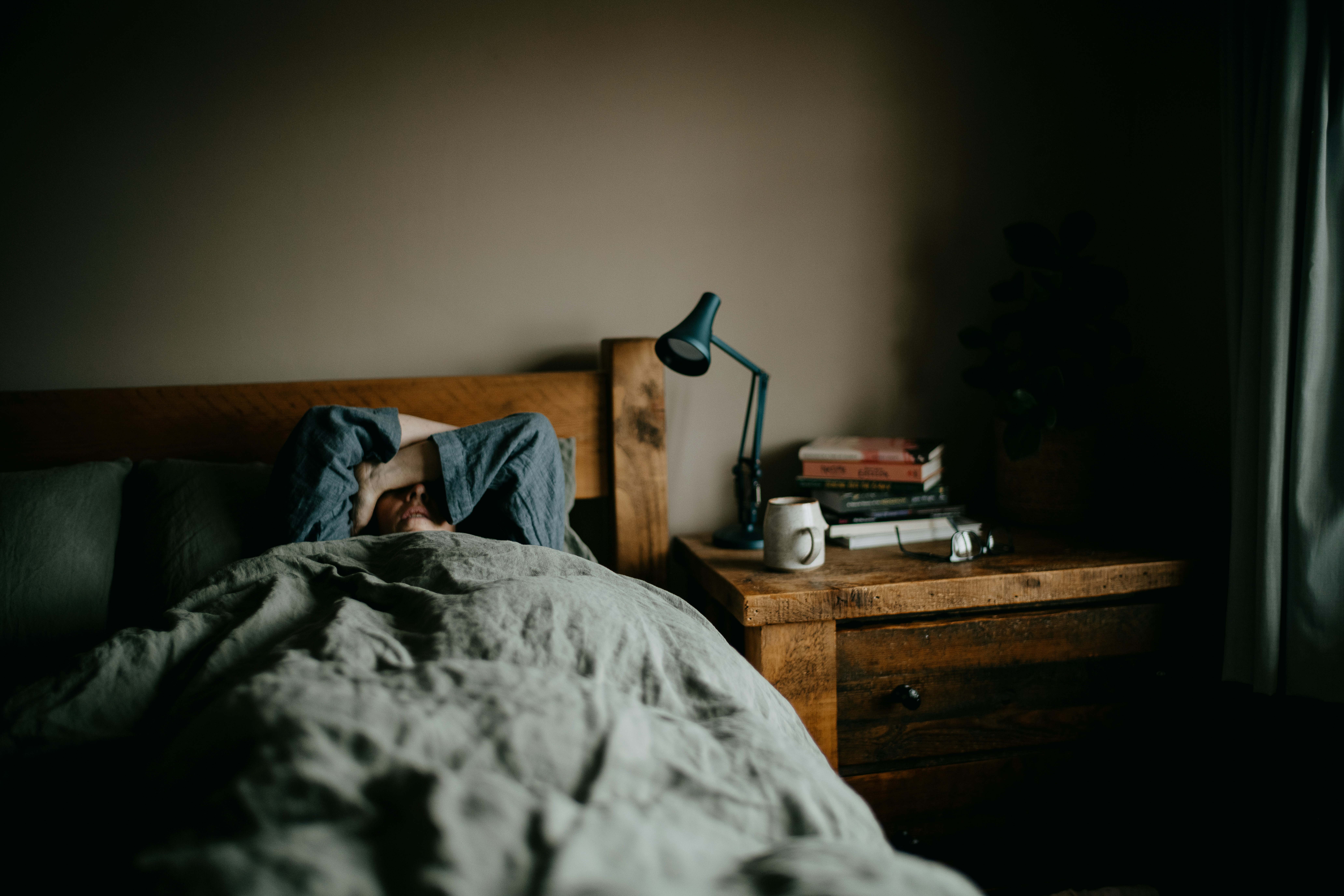Night Owls vs Early Birds: Why Your Sleep Schedule Isn’t Just Laziness 🦉🌞
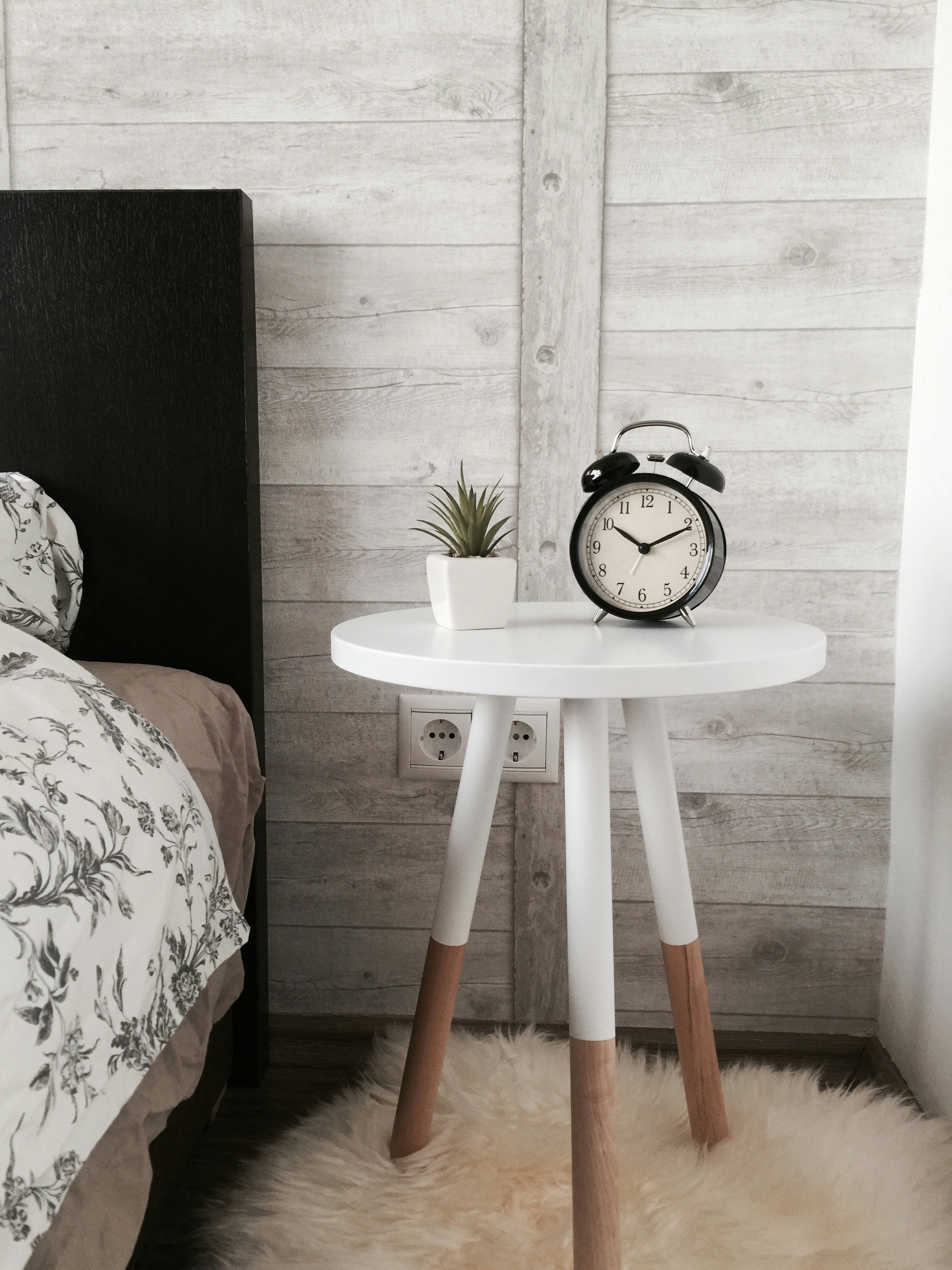
Introduction
There are two types of people in the world:
- The Early Birds: Those chirpy, annoyingly cheerful humans who wake up at 5 a.m., do yoga, drink kale smoothies, and have replied to your email before you've even opened one eye.
- The Night Owls: The noble creatures who do their best work at 1 a.m., whisper "just one more episode" at 2 a.m., and can’t be trusted to speak in full sentences before 10 a.m.
If you've ever been judged for sleeping in, accused of laziness, or felt like the modern world just wasn’t built for your internal clock — congratulations, you're probably a night owl , and this blog is for you.
Spoiler alert: your sleep schedule isn’t a moral failing. It’s biology .
1. Chronotypes: What the Heck Are They?
Your chronotype is your natural tendency to sleep and wake at certain times. Think of it as your brain’s sleep personality.
The main chronotypes:
- Morning larks : Peak energy early in the day.
- Night owls : Peak energy late at night.
- Hummingbirds : Somewhere in between (aka the Switzerland of sleep).
These aren’t just preferences. They’re rooted in genetic and biological rhythms —specifically your circadian rhythm , which controls everything from body temperature to hormone release.
Translation: If you feel most alive at midnight and dead at 7 a.m., it’s not your fault. Blame your DNA.
2. The Science of Being a Night Owl 🧬🌙
Several genes affect your sleep timing, including the PER3 and CLOCK genes. Studies have found that night owls tend to:
- Have a longer circadian cycle (closer to 25 hours vs. the average 24.2)
- Be more creative, especially in the evening
- Perform better on tasks in the afternoon or night
But there’s a catch: society is built for morning people. Schools, jobs, doctor appointments — everything is optimized for early risers. Which means…
3. The World Is Biased Against Night Owls
If you're a night owl, you’ve probably been called:
- Lazy
- Undisciplined
- “Not a team player” (just because you don’t smile before coffee)
The 9-to-5 system punishes night owls with social jetlag — a mismatch between your internal clock and external demands. Imagine having to live in a different time zone every weekday. That’s what it’s like to be a night owl in a morning person’s world.
4. Health Impacts (Warning: Not Fun)
Studies show that chronic mismatch between your sleep schedule and your obligations can lead to:
- Increased stress and anxiety
- Higher risk of depression
- Poorer metabolic health
- Sleep deprivation-induced crimes like rage-emailing your boss
So no, sleeping in on weekends isn’t "lazy." It’s your body desperately trying to catch up.
5. Can You Become a Morning Person?
Kind of… but not completely.
You can shift your schedule gradually with tricks like:
- Going to bed 15 minutes earlier every few days
- Getting morning sunlight exposure to reset your circadian rhythm
- Limiting blue light at night (no TikTok doomscrolling at 2 a.m., sorry)
- Keeping a consistent wake-up time , even on weekends (yes, it hurts)
But remember: you’re not broken. You’re just running a different software version.
6. Night Owl Perks (We Deserve Nice Things Too)
Being a night owl has benefits:
- Higher creativity and problem-solving skills in the evening
- Often more flexible and adaptable
- Can thrive in jobs with night shifts, freelancing, or remote work
- You’re basically the Batman of the friend group
So stop apologizing for your peak hours. Just because you think best after sunset doesn’t mean you're less productive — you're just differently productive.
7. How to Work With Your Chronotype (Not Against It)
Whether you’re an owl or a lark, the key is to optimize your life for your natural rhythm where possible:
- Night owls: Front-load low-effort tasks in the morning, save deep work for later.
- Early birds: Do your best thinking before lunch, then coast like a legend.
- Employers: Offer flexible schedules so everyone wins. (Please and thank you.)
Also, coffee. Lots of coffee. That one’s universal.
8. Conclusion
Being a night owl isn't a character flaw — it's a chronobiological variation . Society might favor the early birds, but owls bring their own brand of brilliance to the party (usually after 10 p.m.).
So the next time someone raises an eyebrow at your 11 a.m. wake-up, just smile and say:
“I don’t rise with the sun. I rise with purpose.”
Sleep schedules aren’t one-size-fits-all, and neither is success. Embrace your rhythm, nap when needed, and may your dreams always be longer than your Monday meetings.

